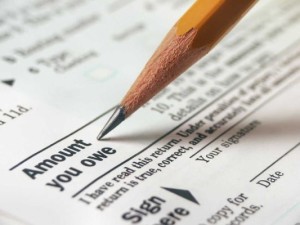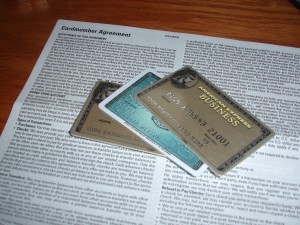 Today’s top story: How paying off your student loans could actually be a bad thing for your credit. Also in the news: Common tax filing mistakes to avoid, the best new money apps, and how to earn money during your retirement.
Today’s top story: How paying off your student loans could actually be a bad thing for your credit. Also in the news: Common tax filing mistakes to avoid, the best new money apps, and how to earn money during your retirement.
Why Paying Off Your Student Loans Could Actually Hurt Your Credit
Yes, you read that correctly.
Tax Hacks 2015: Avoid These 10 Common Filing Mistakes
Filing mistakes can significantly delay your refund.
The Best New Savings Apps for Your Phone
New year, new apps.
5 ways to earn money in retirement
Retirement doesn’t have to be the end of earning.
Cash-strapped? The dos and (mostly) don’ts of 401(k) loans
The cons outweigh the pros.







